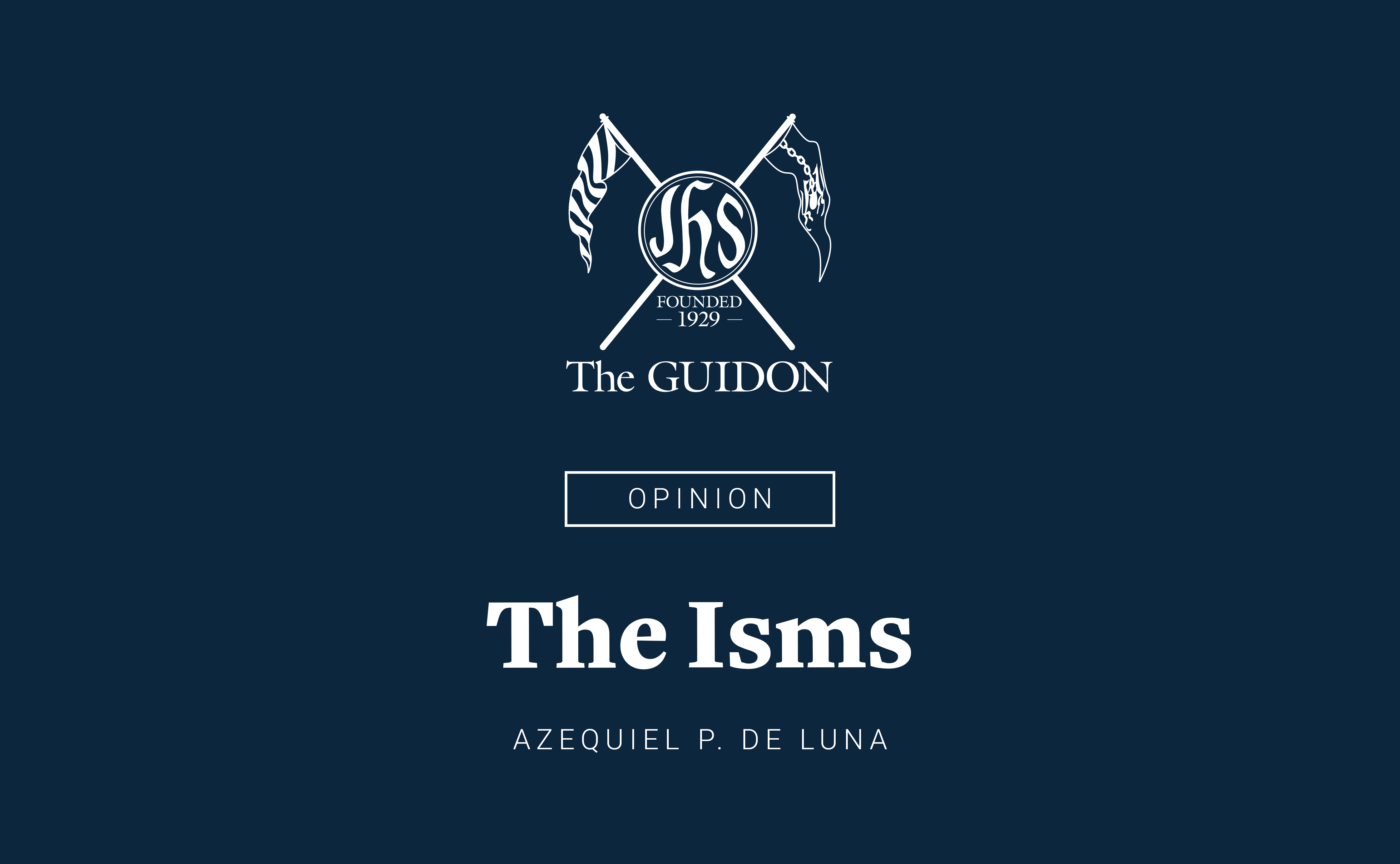THE MOST fascinating aspect of statistical thinking is its subtle ability to “predict” the future. With enough data points paired with calculations, one can infer about the future and then act on such inferences.
This is enthralling because people do not have power over time but have the ability to forecast around it. It’s like a superpower, because it tries to go beyond what we see in physical reality. My perception regarding the philosophy behind statistics is that it’s a song of human rationality and an unknown future. It’s a tool for anyone, from a person computing the probability of being able to pay debts, an investor forecasting his stock returns, to a government assessing whether there will be an economic recession.
Hence, I apply statistical thinking in my daily life in order to inform my decisions amidst the unknown. My data would be the factors that are critical to a dilemma. For example: Back when I was deciding whether to be a film or business major, some of the factors that I considered were skills, habits, money, philosophies, dreams, family, industry forecasts, anecdotes, and more. I used these in order to gauge my happiness in a university major.
To predict such, I made a pros and cons list weighted with percentages, and diagrams that illustrate how decisions can affect other factors. I also did surveying with my peers regarding their thoughts on what I should pick, and collated historical data regarding my performance in subjects related to the course. I analyzed these data so rigorously that I only came to a decision during the last day of confirming slots—eventually choosing to become a business major.
While this rigorous reliance on data analysis may be lauded, it soon became my addiction. I often find myself distracted from the now due to my obsession with predictions and finding the optimal solution to my problems. There is a simpler term for this: Overthinking.
What was once a super power became a weakness, as the amount of thoughts eventually paralyzes me. I obsess over what could’ve happened in the past if I had made different decisions, or what could happen in the future if I choose a course of action. I thought I had control over the mechanics of the unpredictable world. The deeper I get into trying to predict the outcomes of my choices, the more anxious I get.
This anxiety eventually manifested into physical conditions such as frequent bouts of insomnia, wherein my mind won’t allow me to sleep despite being tired. There were days when I felt neither awake or asleep. Because I was too obsessed with critiquing my past and trying to control my future, my body robbed me of my present.
Overthinking also robbed me of my social connections. Two years ago, I decided to isolate myself and focus on my personal ventures, predicting that doing so would increase the probability of becoming happier and successful. I used my insomnia as an excuse to do more work during ungodly hours. I thought my prediction was iron-clad, but reality played a cruel joke when it cast the pandemic throughout the entire world which stopped me from fulfilling my plans and seeing the people I love.
It begs the question whether people are really meant to beat reality’s mechanics. There is a film about a number theorist that dedicated his life to get the number that holds the universe. Once he had the number, he started getting headaches, paranoia, and hallucinations which eventually led him to drill his head.
Statistical thinking is not about prediction but trust. Rational inferences support our decisions, but at the end of it, we must trust the mystery of the world. This mystery allows us to appreciate the present while the future unfolds. Happiness does not exist purely in the realm of possibilities, but in the beauty of what already is.
I’m still a work in progress in this regard, but today I talked to my friends, exercised with a kettlebell, played Call of Duty, and went out for a walk. I might just be able to sleep like a baby later.







